For months not, the “dollar liberals” controversy has been preoccupying the public.There had been rumors surrounding this, but around the end of the summer, Péter Márki-Zay himself admitted that they had received hundreds of millions from abroad – in fact, later it turned out to be 1.8 billion forints (4.3 million euros). The money was gathered by a foundation started by none other than Dávid Korányi, Budapest Mayor Gergely Karácsony’s chief adviser and a long-time reliable member of the Soros network. As the left-liberal podcast from online portal 24.hu said: “This overseas relationship… according to opposition folklore, was previously under Gergely Karácsony. …But since that project collapsed for various reasons… this system found its way to Péter Márki-Zay.”
Since the regime change, this is an unprecedented volume and intensity of foreign election interference; however, the financing of left-liberal politics from abroad is not without precedent. Former Prime Minister Gordon Bajnai and politician Viktor Szigetvári regularly pop up in the current ongoing affair, but they have long-been beneficiaries of the Center for American Progress, an institution supported by George Soros, receiving hundreds of millions of dollars since the establishment of their Együtt (Together) party , after the fall of the Bajnai government and through Bajnai’s Haza és Haladás (Patriotism and Progress) Foundation.
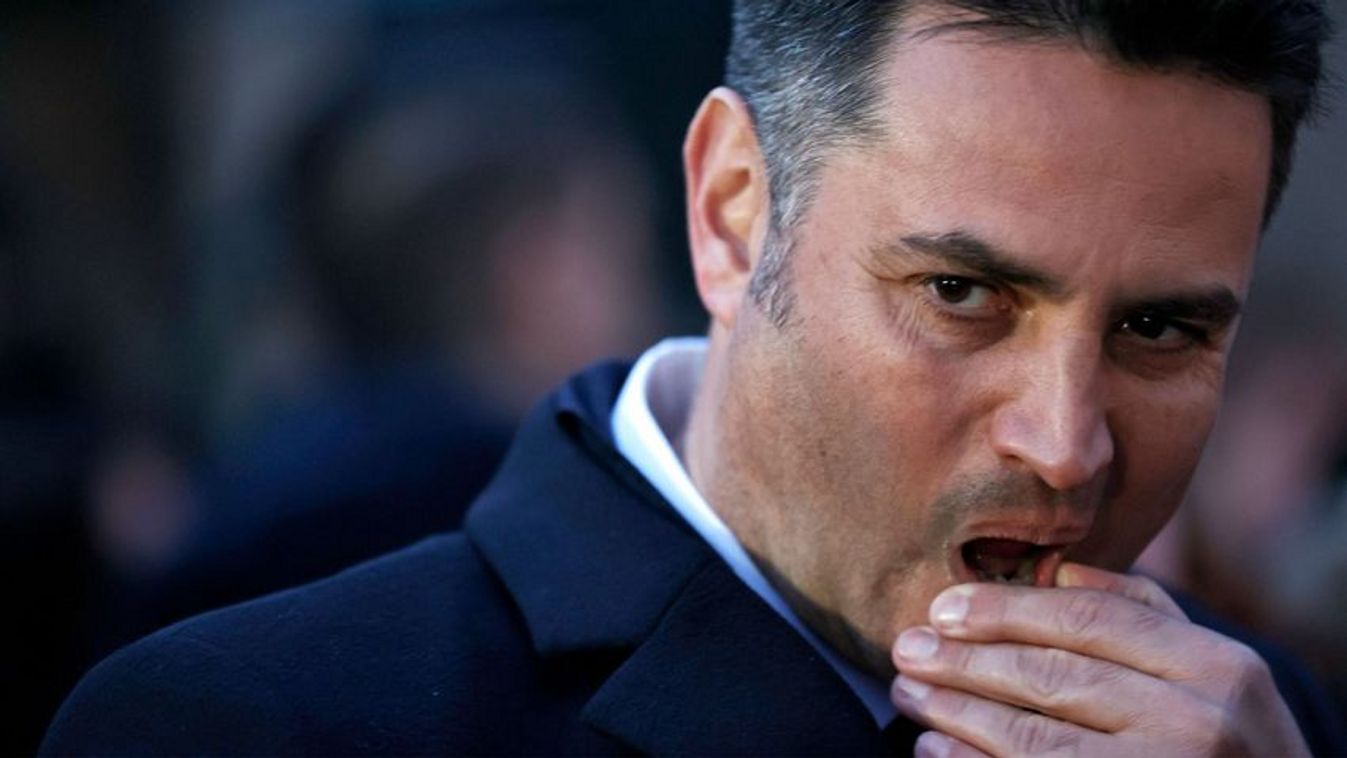
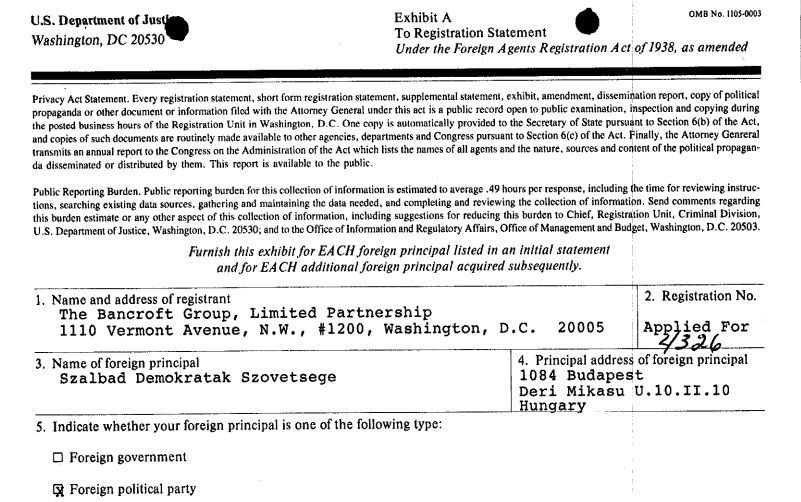
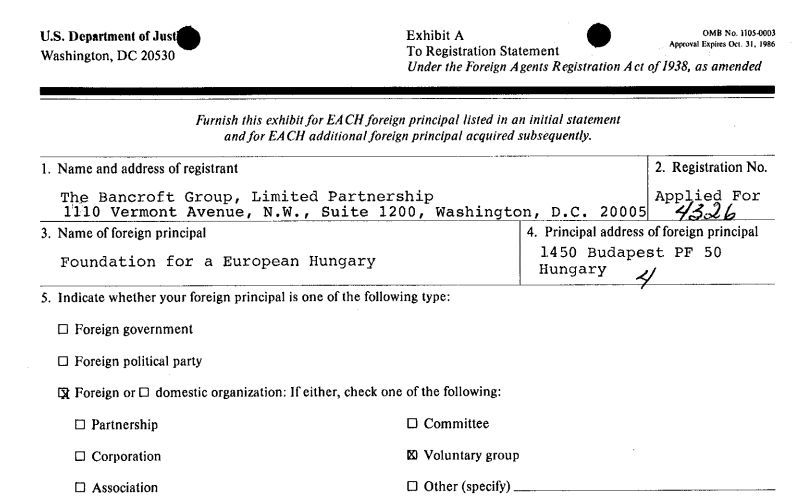
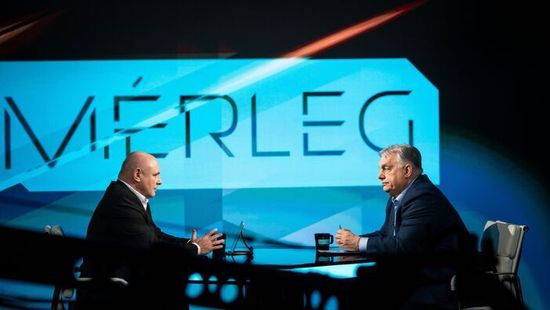
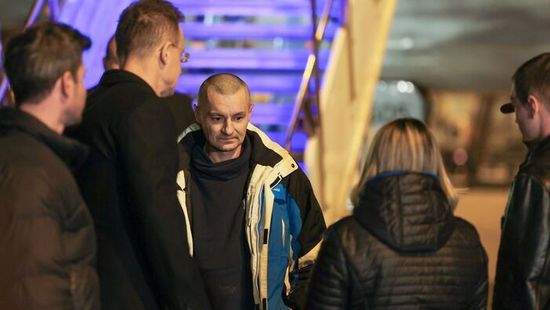

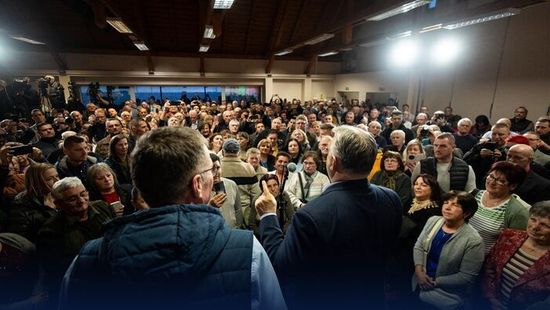

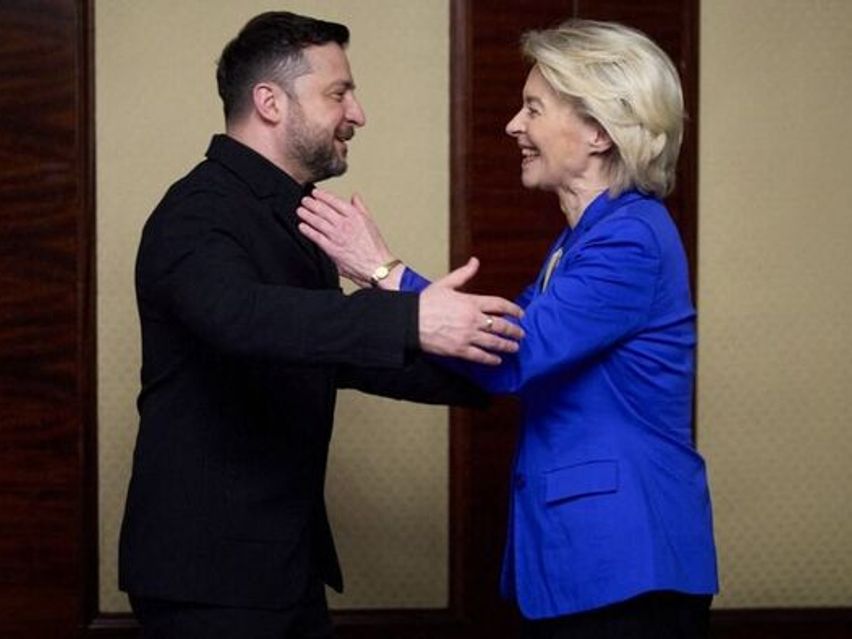


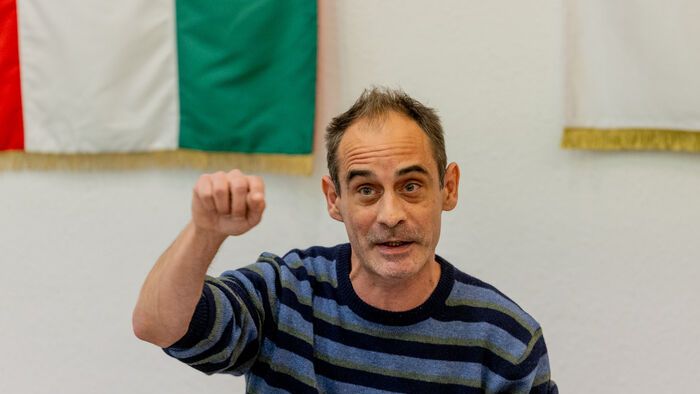

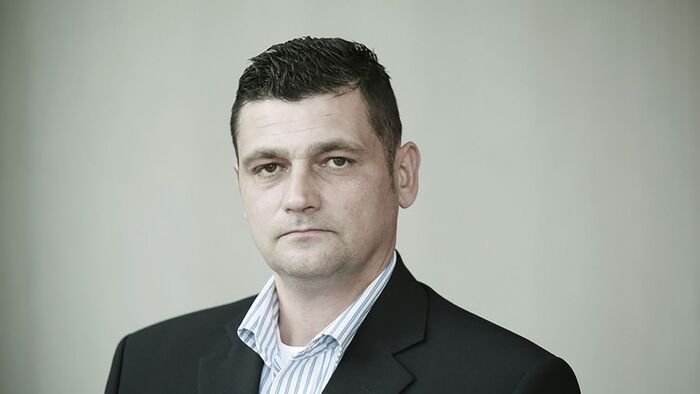




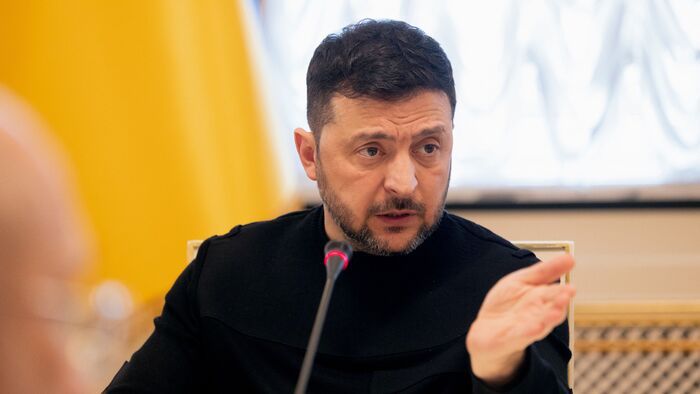
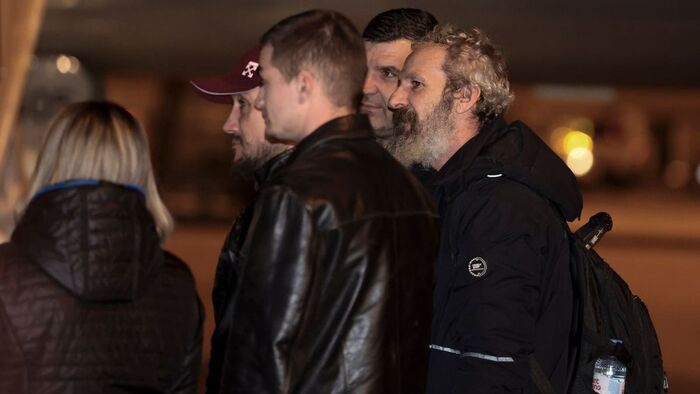


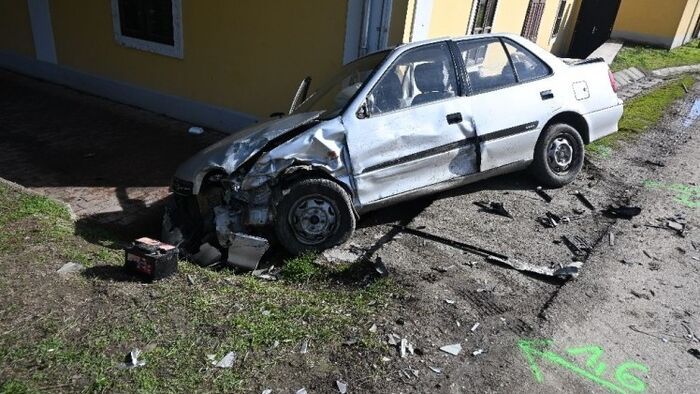

Szóljon hozzá!
Jelenleg csak a hozzászólások egy kis részét látja. Hozzászóláshoz és a további kommentek megtekintéséhez lépjen be, vagy regisztráljon!